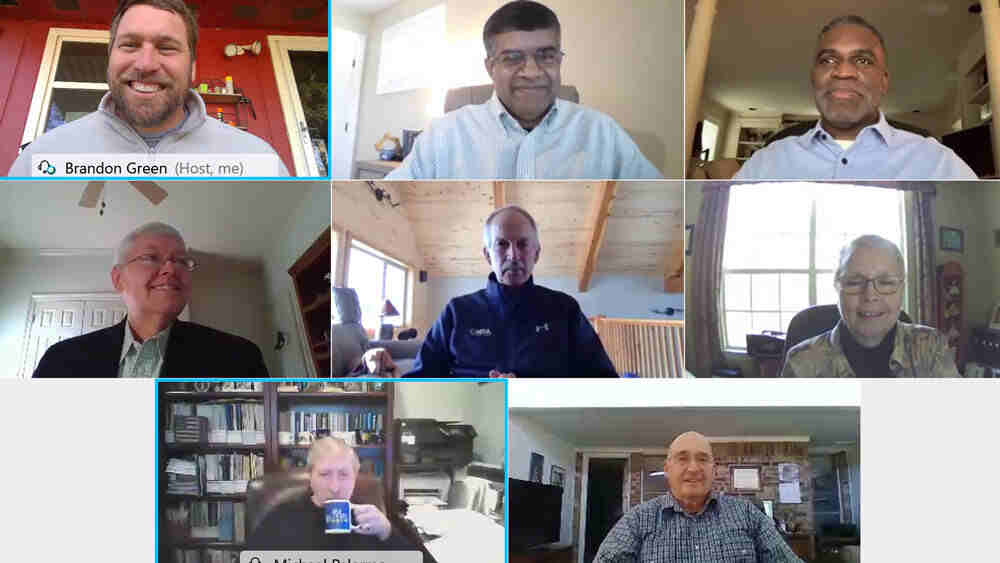
For 50 years, the Department of Ocean Engineering’s Center for Dredging Studies (CDS) at Texas A&M University has hosted an annual Dredging Engineering Short Course for professionals around the world. Though this past year it had to move to an online format due to the COVID-19 pandemic, the five-day course still upheld its reputation and legacy as a world-class continuing education experience by bringing in esteemed lecturers from the dredging industry, government and academia to present the latest science and technological advances in the field.
“Completing the Dredging Engineering Short Course was a fantastic way to get a taste for the comprehensive and fascinating world of dredging,” said Dr. Ana E. Rice, physical oceanographer in the Marine Minerals Program at the Bureau of Ocean Energy Management. “Despite having to run the course in a virtual format this year, Dr. Ram Mohan and his staff did an excellent job communicating and covering all the required material. To increase engagement, they made sure to provide ample time at the end of each session for Q&A and for discussion. They even successfully ran laboratories two of the afternoons in reduced groups where videos were shown in lieu of in-person laboratory visits. I highly recommend this course to anyone involved in the world of dredging, no matter their background or level of expertise in the subject matter.”
Over 90 participants attended the course, spanning a wide range of industries including government, consulting firms, ports and dredging companies.
“The Dredging Engineering Short Course is a very well-organized and well-presented class,” said Kelly E. Alford, lead construction control representative for the U.S. Army Corps of Engineers in Jacksonville, Florida. “The lecturers and presenters have a wealth of knowledge that gave me an understanding of the historical aspects of dredging and the pathways that the dredging field has taken to its current globally ecological and economical relevance and impact. A terrific blend of theoretical, field, contract administration and ‘Engineering with Nature’ provided by approachable and relatable people with solid backgrounds, expertise and credentials.”
Topics covered in the short course included basic dredge laws, hydraulic and mechanical dredges, dredge pumps and performance characteristics, dredging best management practices and claims avoidance, beach and dune restoration, ecosystem (wetlands) restoration, hydrographic surveys and dredge cost estimation. The course also included virtual labs and exercises.
Mohan, adjunct professor in the department and director of the CDS, led the course in coordination with the Texas A&M Engineering Experiment Station’s (TEES) continuing education office, TEES EDGE.
“It has been incredible to be part of a practitioners’ course that has impacted so many people over the span of 50+ years. We have been fortunate to bring in the leading experts from industry to share their expertise with our participants and we plan to continue doing so for many years to come,” said Mohan. “The audio-visual support from TEES facilitated a seamless execution of the week-long online course.”
Established in 1968 by the late Dr. John Herbich and nurtured by Dr. Robert Randall (ocean engineering Professor Emeritus), the CDS is currently under the direction of Mohan. In addition to applied research and industrial testing, the center's activities include teaching university courses and providing annual seminars and short courses concerning advances in dredging engineering technology. Over the years, more than 2,000 dredge professionals have participated in the dredging short course.
The 51st Dredging Engineering Short Course will also be held virtually. It will run from Jan. 10-14, 2022. The course fee is $1,500.
“Our classes do get filled to capacity by around the end of October, showing their high demand in the industry. So, early registration is strongly recommended,” said Mohan.